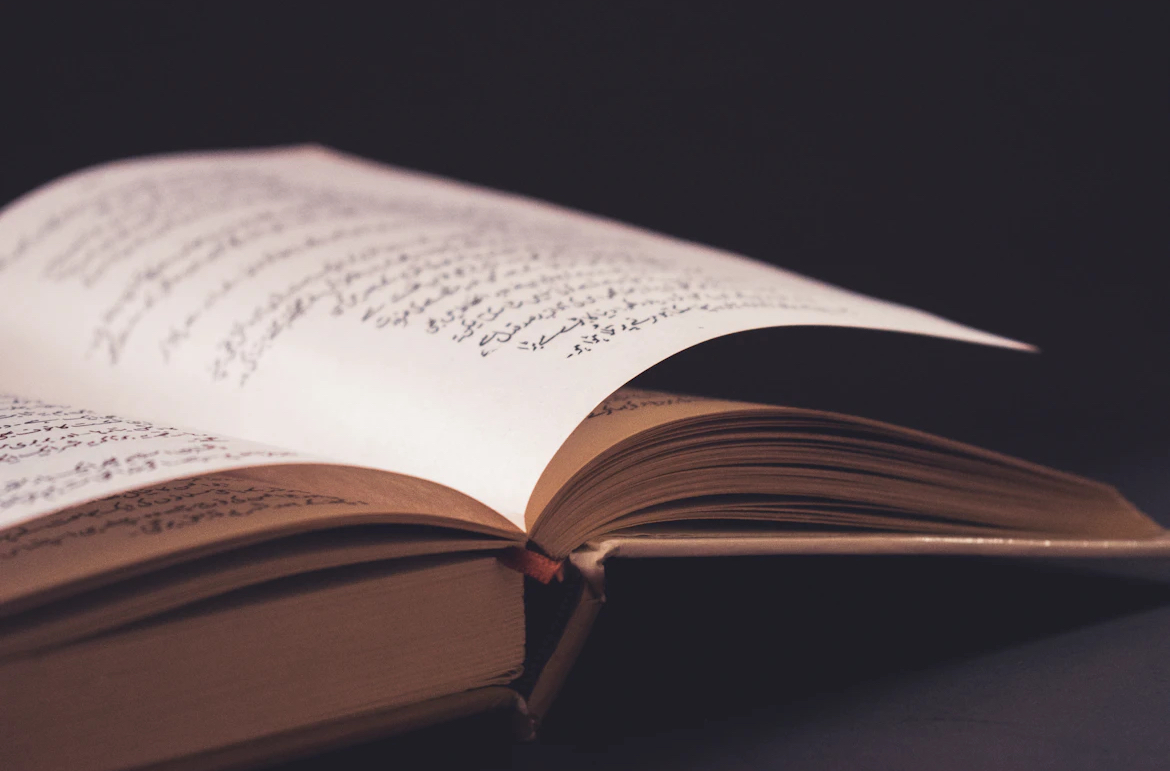A peek into the passionate poetry of Pakistan
Pakistani poetry weaves together threads of tradition, expression, and societal resonance.
Of all the art forms cherished and practiced in Pakistan, literature—most notably, poetry—is the richest. With its deep-rooted tradition of literature written in its national language, Urdu, as well as in regional languages, Pakistan has fittingly been called a “land of poetry.”
Growing up in Canada, most English speakers are exposed to poems in school, and even then, it is often a miniscule portion of the curriculum. Unless I was sitting in an English class oddly populated with poetry enthusiasts, the allusion to a verse or quote would gain no reaction from those around me. At the very least, recalling widely known nursery rhymes would illuminate some recognition.
Poetry in Pakistan shines in an incomparable spotlight. It’s woven into numerous aspects of everyday life, from conversations, to objects, to moments of celebration or anguish. We carry poems in our pockets and slip them into our speech. Children catch on to patchwork phrases from classical poetry spoken by their elders. The beginning of a new chapter and the end of another are celebrated or mourned with the recitation of lyrical rhymes. And when that boundless compartment has overflowed, verses and sayings of famous poets are painted onto the sides of buses or the trunks of cars.
This cultural connection creates community bonds and serves as an important tool for the articulation of struggles, stories, ideas, and knowledge from the past. Historically, millions of Urdu speakers were largely illiterate, yet someone was always able to recite lengthy poems. Urdu poetry is largely associated with orality. Where English speakers would write their pieces and subsequently read them aloud, Urdu poetry jumps the bridge to verbalizing poems. Despite the complex writing regulations for poetry forms, such as ghazals, saying verses seems to come naturally. As a largely English writer of poetry myself, I tend to struggle with following the strict guidelines of certain metres and forms. Yet, in Pakistan, people will seldom see a poem written down and simply become acquainted with one by hearing it.
The Urdu language has been denoted as a poetic language, making it conducive for literature and poetry. Its associated grace and elegance are attributed to the pleasant, symphonious sound of Urdu words. This feature is a key part of what makes public poetry recitations, known as mushairas, so popular. Mushairas are a gathering of poets and audiences who share a love for the art and indulge in the opportunity to read their own work. These events commonly attract thousands of attendees. However, intimate gatherings with family or friends are also considered mushairas, and this smaller setting invites many to present works of their own.
Urdu poets are greatly honoured in Pakistan. Not only for their craft, but for the voice they give people in political situations. The notion that literature is chained to a different platform than that of politics is refutable due to the connection to society that slips into the words of a writer. Whereas in the US, only six poets in history have read at a presidential inauguration ceremony, poets in Pakistan played a role in the establishment of the country itself.
“Poetry is an art form, but it’s also a weapon and an instrument,” says Amanda Gormon, who in 2021, became the youngest poet to present at an inauguration ceremony. For such a powerful art form, its scarce use for communication throughout history can call into question its relevance in politics.
Allama Muhammad Iqbal, a South Asian Muslim philosopher and author, is known as the father of Pakistan. His many literary accomplishments revolve around topics of social justice and a better future for humanity during a time of British rule in South Asia. His philosophical ideas were the stepping stones for the actualization of Pakistan’s separate identity. He coined the notion of “selfhood,” which gave strength to individuals overcoming their battles. He highlighted that the restoration of oneself would contribute to the restoration of a land for the Muslim civilization. This vision led to the creation of the country Pakistan, where his verses and words continue to inspire and echo among people in the nation.
While our culture’s magnificent fashion, delicate handicrafts, and delicious food may take centre stage for artistic popularity, poetry has a longstanding and powerful history in Pakistan. One that shapes the very fabric of society.

